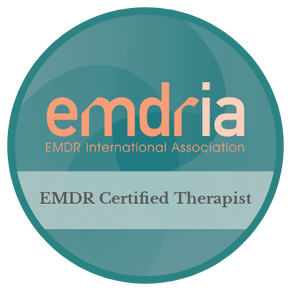|
I had a wonderful time speaking with Lindsey Dineen recently on her Artfully Told podcast. We discuss the importance of creativity and how we both want to do ALL THE THINGS! I hope you enjoy this uplifting and affirming chat. Click here to listen (written transcript included).
I had a fun time talking with Vinnie Enriquez on the Road to Growth podcast. We touch on topics that are near and dear to me — creativity, business, and the importance of the therapeutic relationship. Also, this was my first live interview — that was an adventure! I kind of want to do it more now... Hope you enjoy the episode!
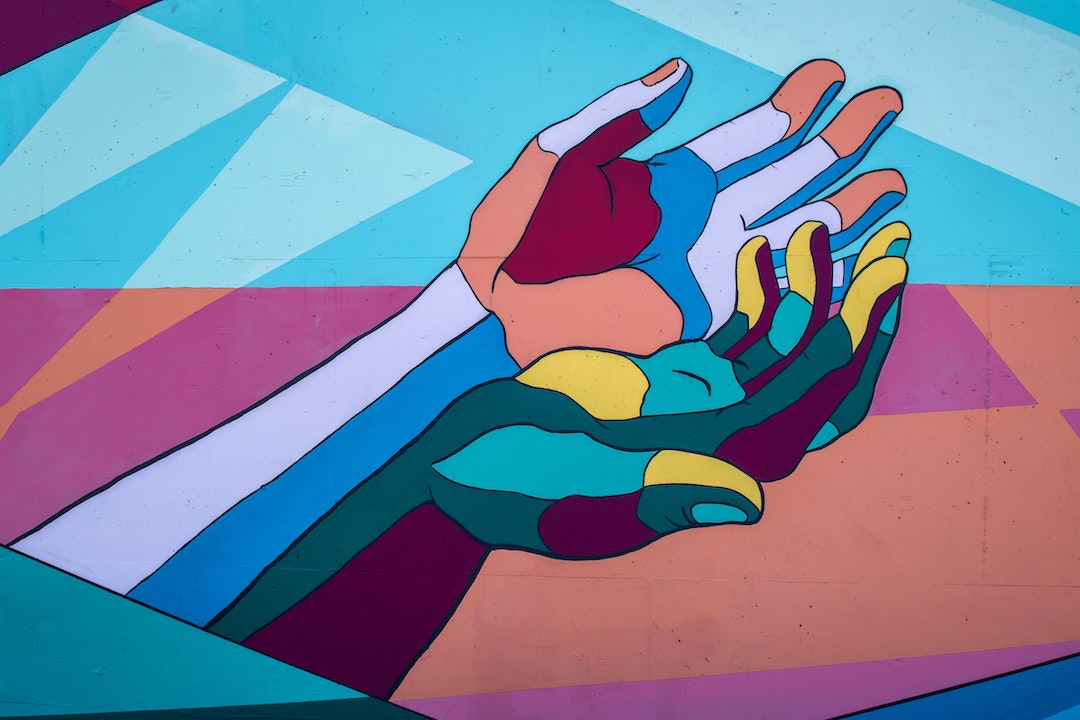 Photo by Tim Mossholder on Unsplash I've been interested in doing more podcast interviews recently because I enjoy having conversations about therapy and creativity. I've noticed how exhilarating and terrifying it can be to launch my voice into the world. It's different than a one-on-one discussion, like I'm used to in a therapy session. It's also different from public speaking, where only a certain number of people hear what I have to say. A podcast can be beamed just about anywhere, and anyone can listen to (and have opinions about) what I have to say. Yikes.
My latest interview was with FIVE Minute Bark (although my episode is 20 minutes long, that's still a clever title!). I was surprised to realize this was the first interview I've done that focuses on EMDR therapy (Eye Movement Desensitization and Reprocessing). It was great to get the chance to chat about what I do in sessions and delve into what EMDR therapy is. I felt nervous being a representative of sorts for EMDR, even though I am trained, have been practicing it for several years, and am in the process of completing my EMDR certification. Hello, imposter syndrome! How did I deal with this imposter syndrome? First, I thanked the part of me that was feeling scared. I thanked it for trying to protect me. And, knowing this part probably came from a younger place, I reminded it I also have an adult part that has gained many resources, skills, and experiences over the years. I invited the younger part of me to go play and have fun, knowing the adult me could handle whatever comes up. You can find my latest podcast interview here. I hope it's helpful, and if you have any questions about EMDR or anything else, please feel free to contact me and schedule a time to chat. I was honored to be included with several other inspirational San Diego businesspeople recently in SD Voyager Magazine. Here's an excerpt from my interview: "The thing I’m most proud of in my business is being an EMDR practitioner because I think this type of therapy can help clients resolve issues quicker and more effectively than talk therapy alone. EMDR stands for Eye Movement Desensitization and Reprocessing. The theory is that during REM or dream sleep, the brain organizes memories in a way that makes sense to us and doesn’t cause distress. When there is trauma, however, this process can be interrupted. Memories can get “stuck” and become stressful, which can look like fear, anger, addiction, or other upsetting emotions, thoughts, or behaviors. EMDR can help move traumatic memories through the brain in a more adaptive way and reduce distress. EMDR practitioners do this by using 'bilateral stimulation' — either having the client move their eyes back and forth or listening to alternating tones, for example. It’s not known exactly why or how this works. There have been many studies, though, showing EMDR to be effective. ... "What sets me apart from other therapists is my background in creativity. I’m a writer and a musician (I have sung on many stages in San Diego) and I know what it’s like to juggle a job and creative pursuits. I also get why, for many of us, art gives us a reason to live. My clients don’t need to spend time explaining to me why creativity is important to them — I understand it because I live it every day." You can find the full interview here. By Rachel Moore, LMFT
I was recently invited along with a few dozen other mental health clinicians to a small, salon-style discussion with author Gabor Maté. When I had the opportunity to ask him a question that night, he told me I was wrong. And I’m glad he did. If you’re not familiar with Maté, he is a renowned Hungarian-Canadian physician who specializes in neurology, psychiatry, psychology, and addiction. His basic premise is the mind and the body are inseparable. Maté’s books include “When the Body Says No: Understanding the Stress-Disease Connection” and “In the Realm of Hungry Ghosts: Close Encounters With Addiction.” Maté is also a Holocaust survivor, and he focuses on the effects of early childhood trauma in disease and addiction. In one interview, he said: “There are genetic predispositions to addictions, but they don’t cause addiction by themselves; they just increase the risk. In both animal and human studies subjects don’t become addicted if they receive the proper nurturing, even in the presence of predisposing genes.” You can find out this and more by reading my latest blog post for the Therapeutic Center for Anxiety and Trauma — Dumplings, Parrots, and EMDR: What Do These Things Have in Common? Here's an excerpt:
"When I was growing up there was a crow in our neighborhood named Jake. Jake would occasionally chase around kids on their bikes and squawk loudly at them. Luckily for me, I was never one of those kids. But let’s say an adult former victim of Jake decided to seek out EMDR therapy to reprocess the trauma and reduce her current level of distress. How might that work? ... "EMDR can help the different parts of the brain talk to one another through the creation of new neural pathways. The executive part of the brain, for example, can connect with the other more reactive parts and in essence reassure them that the client is an adult now and has many more resources to take care of herself. Through this process, Jake the crow, who had dominion over the neighborhood way back when, no longer terrorizes the grown-up client now." Check out the rest here. And be careful around those crows. ;-) Are you a creative person who feels like something is missing in life? Maybe you don’t know if you’re creative or not but you want your life to have more purpose and meaning. For many of us, writing, creating art, or singing are necessary for our mental and emotional health. A couple of things can block our self-expression, though, including perfectionism and trauma. You may be surprised to learn small traumas from many years ago can still be affecting you today. Unfortunately, artistic type people are often told when they are young that creativity is useless or a waste of time. These “small” hurts can build up and cause you to cut yourself off from your creativity and joy.
When my clients come to see me, I have a unique understanding of where they’re coming from because I have been and am a creative person myself. I have struggled with similar issues of perfectionism and trauma around my own creative pursuits. I am also in training for EMDR (Eye Movement Desensitization and Reprocessing) therapy to help my clients overcome trauma. For more information on EMDR, please click here. If you would like to learn more about my therapy services, please visit my website. Or contact me at: [email protected]. You also may schedule a free 15-minute phone consultation to see how I can best help you. I will be facilitating a 2-hour workshop on overcoming writer’s block June 12, 2016, at San Diego Writers, Ink in Liberty Station. For more information or to register, please visit: Unlocking Writer's Block Rachel Moore is a Marriage & Family Therapist Registered Intern #76799, employed and supervised by Jennifer Costanza, LMFT #49250 |
AuthorRachel Moore, LMFT, is a Licensed Marriage & Family Therapy in San Diego, CA. Rachel helps writers, artists, musicians, and other creative types overcome anxiety and trauma. She is certified in EMDR therapy and also trained in Brainspotting. Archives
December 2023
Categories
All
|
Rachel Moore, LMFT
Licensed Marriage & Family Therapist MFT #102826
rachel(at)rachelmoorecounseling.com
www.rachelmoorecounseling.com
619-577-4514
Licensed Marriage & Family Therapist MFT #102826
rachel(at)rachelmoorecounseling.com
www.rachelmoorecounseling.com
619-577-4514
Address:
3232 4th Avenue
San Diego, CA 92103
3232 4th Avenue
San Diego, CA 92103
(Remote video sessions also available for residents of California or Montana)
We are committed to providing a safe, affirming, and inclusive therapeutic space for all ages, races, gender identities, sexual orientations, national origins, relationship statuses, health statuses, disabilities, ethnicities, and religions.
If you are in crisis, assistance is available 24/7 at:
San Diego Access & Crisis Line
888-724-7240
National Suicide Prevention Line
Call or text: 988
If you are in crisis, assistance is available 24/7 at:
San Diego Access & Crisis Line
888-724-7240
National Suicide Prevention Line
Call or text: 988

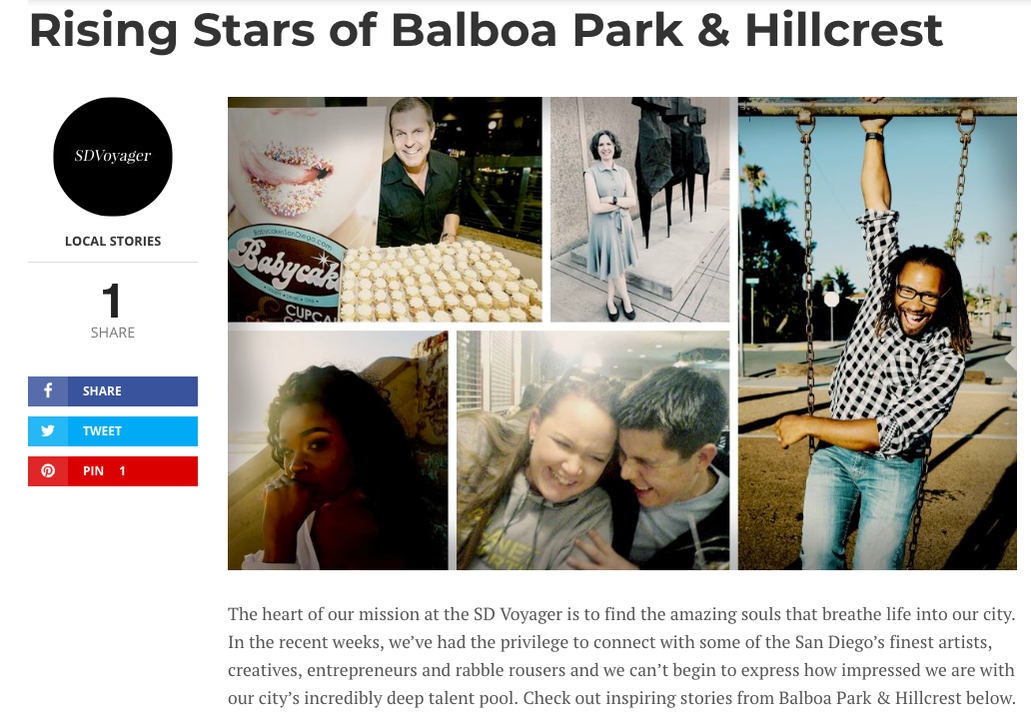
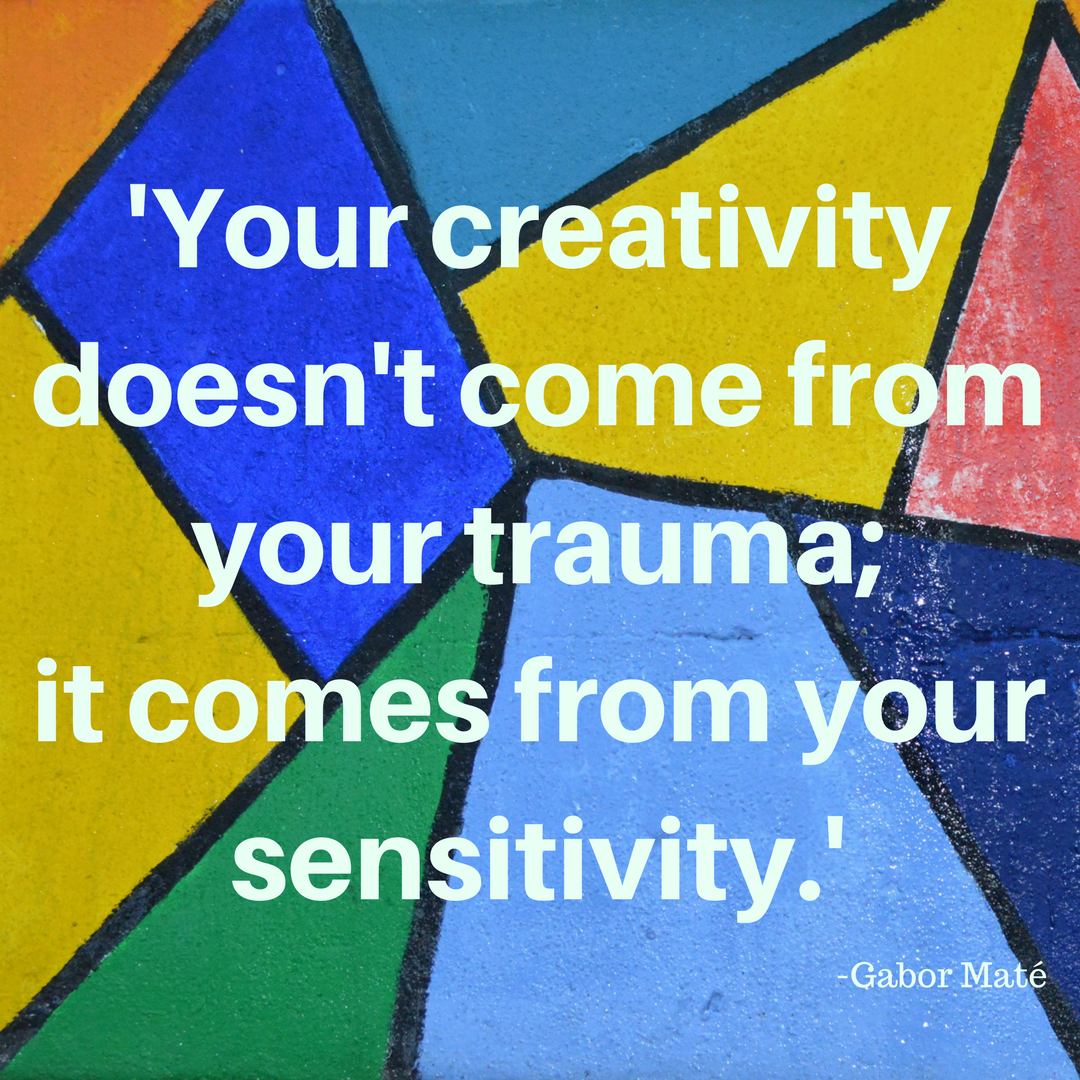

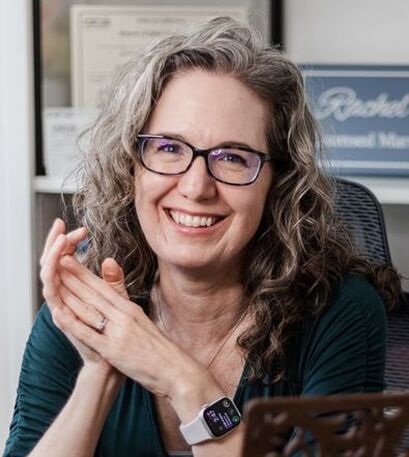
 RSS Feed
RSS Feed
